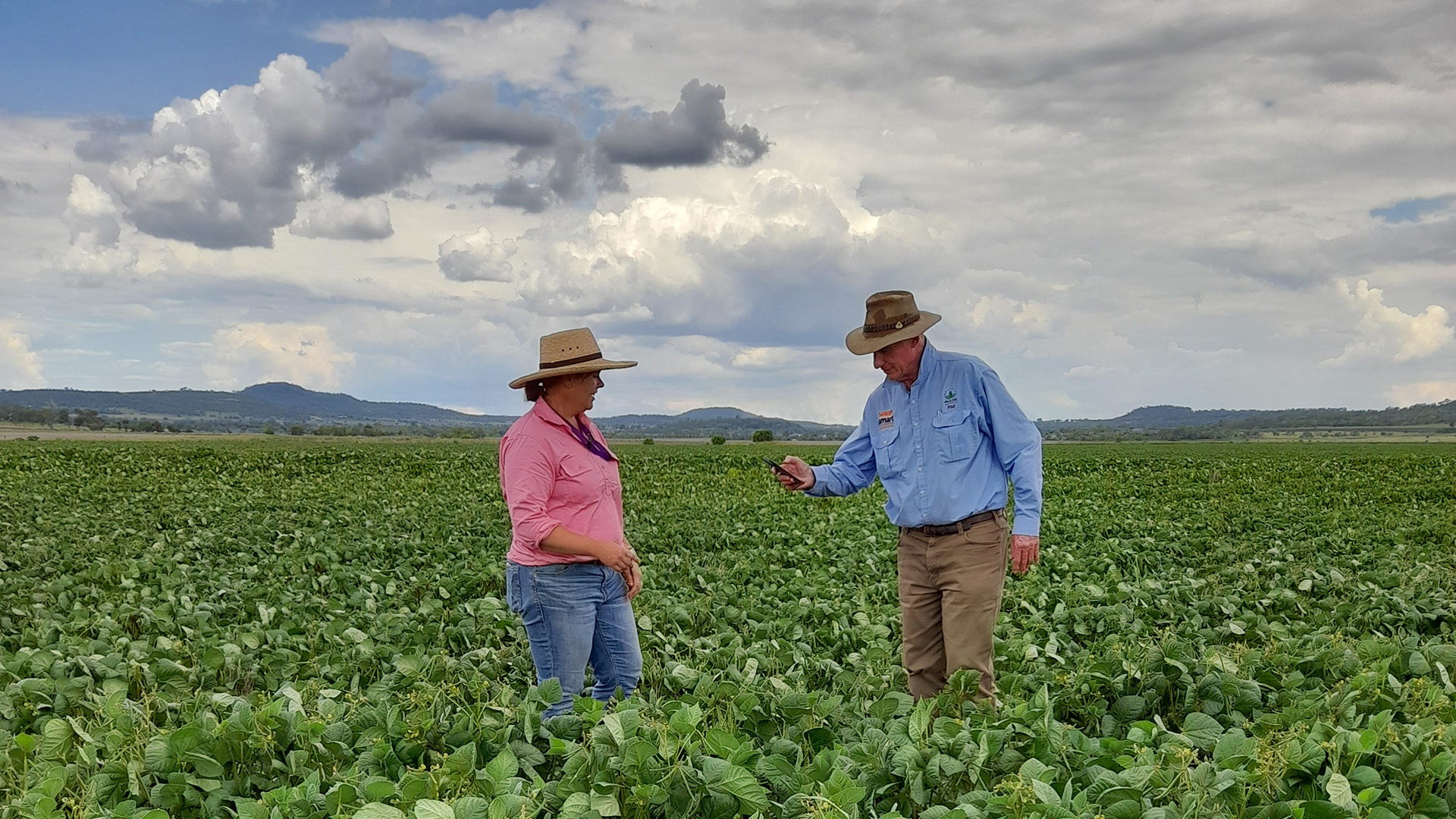A Parliamentary inquiry has acknowledged the stark decline in regional newspaper publishing and called for new targeted funding for the sector, says the union for Australian media workers.
The report from an inquiry into the future of regional newspapers by the House of Representatives Standing Committee on Communications and the Arts has confirmed that government funding for regional journalism must be expanded or more outlets will close and jobs will be lost.
Funding from the Morrison Government’s $50 million Public Interest News Gathering program has been exhausted, and the inquiry has also exposed flaws in the distribution of the money, which resulted in 87% of the funds flowing to just 10 recipients.
Rather than supporting small and independent publishers and broadcasters, the main beneficiaries were large, established media owners including Australian Community Media, Southern Cross Austereo, Prime and WIN, with those four companies alone receiving just under $30 million.
Most independent regional newspapers selected under PING received only $10,000 of funding or missed out completely.
In its submission to the inquiry, the Media, Entertainment & Arts Alliance recommended that the PING program be increased to $250 million a year so that small and independent publishers can be better supported.
“The inquiry has accurately charted the marked decline in regional newspapers and job losses and concluded that urgent action is needed,” said MEAA Chief Executive Paul Murphy.
“A major investment of new funds is needed now that PING has run its course. But rather than replicating the mistakes of the first PING, a new program is required that ensures funding flows to smaller publishers, which was not the case last time.”
MEAA welcomes another recommendation by the committee to halve the current revenue threshold for access to the News Media Bargaining Code so that small and independent publishers and freelancers can benefit.
Currently, news organisations must be able to demonstrate average annual revenue of $150,000 over three out of five years to be eligible for coverage by the code, which enables media outlets to bargain with Alphabet (Google) and Meta (Facebook) for payment for the inclusion of news on digital platforms.
The committee has recommended cutting this threshold to $75,000.
“Reducing the revenue threshold for inclusion in the News Media Bargaining Code is one of several changes that need to be made so the Code can work for all media outlets, not just a few big, established players,” Mr Murphy said.
“While the implementation of the Code has undoubtedly improved the short-term sustainability of large media outlets, we have yet to see the supposed benefits of the Code spread to small and independent news organisations, including freelancers.
“The inquiry found that the $150,000 threshold was a barrier to small rural and regional publishers registering for the Code.
“Twelve months down the track, there has not been any action taken by the government to enforce the Code. The Treasurer has the power to designate a digital platform under the Code, which would force Google and Facebook to negotiate if they will not do so voluntarily.
“Without this enforcement, a power imbalance will continue that will mean smaller regional, rural and community publishers miss out on any payments from the digital platforms because Google and Facebook will refuse to deal with them.”
MEAA also welcomes a recommendation for more transparency about the deals struck under the Code, particularly to assess that funds are being invested in journalism and editorial resources and not going towards executive remuneration or increased shareholder profits.







